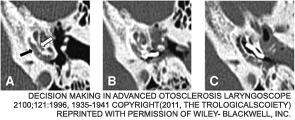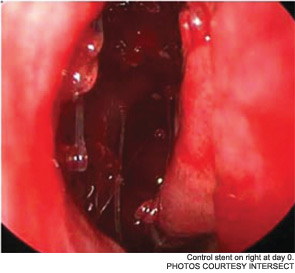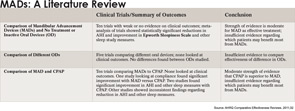The American Board of Otolaryngology is preparing to launch the final component of its maintenance of certification (MOC) program this year. In addition to the goals of lifelong learning and quality improvement, the last of this four-part program should help otolaryngologists comply with performance incentives from the Centers for Medicare and Medicaid Services (CMS).





